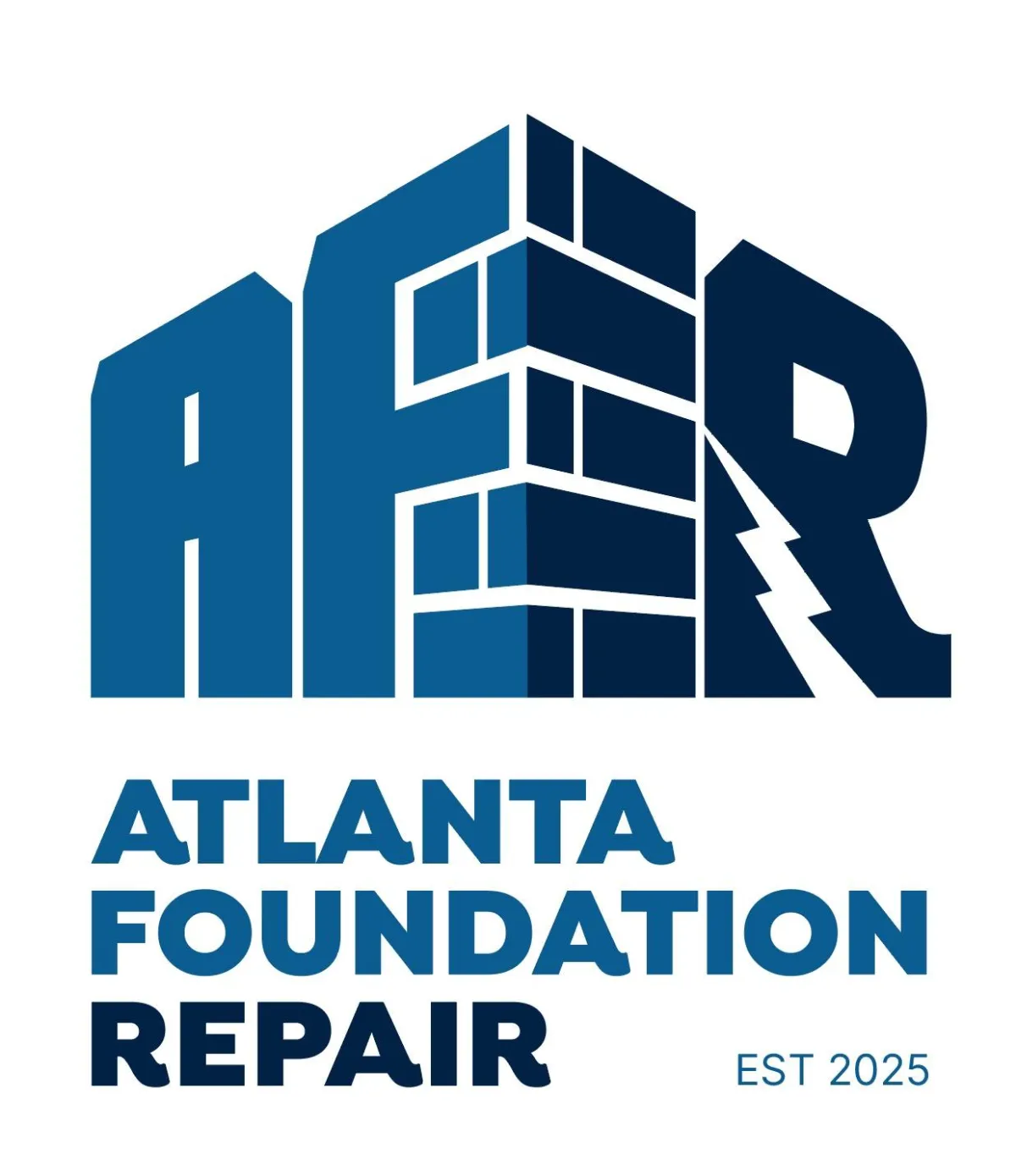Atlanta, GA
Polyurethane Injections in Atlanta, GA
What Leaking Cracks Reveal About Your Foundation
When a crack seeps water during rain or thaw cycles, it tells you that there is an ongoing pathway between exterior moisture and your interior space. This doesn’t always mean the structure is in danger, but it does mean that water has found an efficient route to travel. Polyurethane injections are aimed at closing off those paths so water pressure no longer finds its way through.
How Polyurethane Foam Behaves Inside a Crack
Polyurethane is different from epoxy in how it acts once injected:

Reaction With Moisture
When the resin encounters water inside the crack, it foams and expands, pushing into pores, voids, and side channels.

Flexible, Closed-Cell Structure
Once cured, the foam creates a watertight, flexible plug that can accommodate small future movements without cracking itself.

Deep Penetration
Because it expands, polyurethane often finds routes that weren’t visible at the surface, sealing the crack path more completely.
Ideal Uses and Limits of Polyurethane Injection
This technology is most effective when:
The primary issue is water leakage, not structural failure.
Cracks are damp or actively wet—conditions where epoxy would struggle.
You want minimal disturbance, with work done from inside.
You understand that if structural issues exist, foam alone won’t correct them.
Our Services
Helpful Links
Contact Information
Phone:
Business Hours:
Mon - Fri: 8:00 am - 5:00 pm
Sat - Sun : Closed
service areas
© 2025 All Rights Reserved | Atlanta Foundation Repair | Privacy Policy | Terms and Conditions
